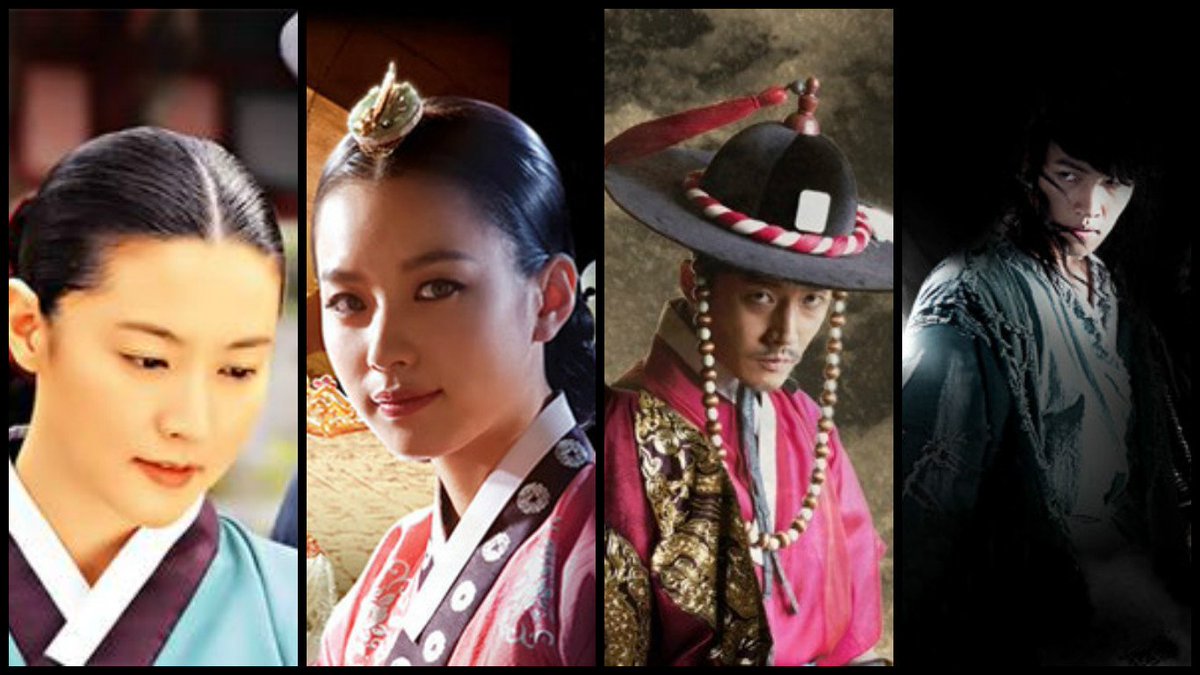whitmanarchive.org/published/LG/1…
whitmanarchive.org/published/LG/1… 3/
global.oup.com/academic/produ… 9/
Examples: Zhu Xi (1130–1200) and Wang Yangming (1472–1529). 10/
(1) a metaphysical idea, i.e., an idea about the nature of reality, namely that the universe is interconnected
(2) a set of ethical principles--what we should do given that the universe is interconnected, which is to care for our environment & other people 11/
(1) The pattern, or web of patterns (理, lǐ), a Buddhist notion that neo-Confucians imported. Everything is part of a web of interconnections, the structure of the universe 19/
It's easy to let everyday concerns and desires cloud our natural sense of oneness that we might feel in moments of stillness and wonder. How to preserve it, how to change ourselves, and our society? /end



